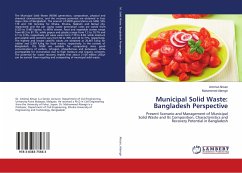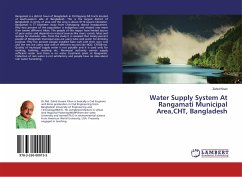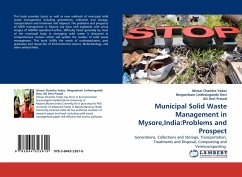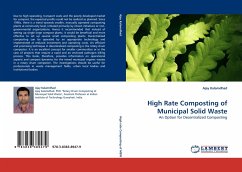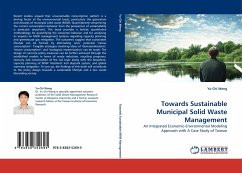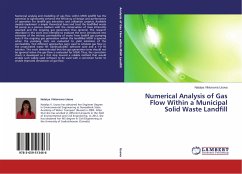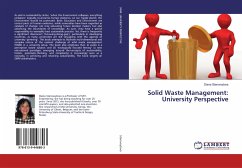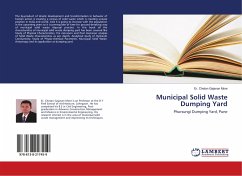The Municipal Solid Waste (MSW) generation, composition, physical and chemical characteristics, and the recovery potential are obtained in four major cities of Bangladesh. The amount of MSW generations are 5340, 520, 170 and 130 tons/day for Dhaka, Khulna, Rajshahi and Barisal city, respectively and the per capita waste generation rates are varied from 0.325 to 0.485 kg/day. In MSW stream, food and vegetable wastes range from 68.3 to 81.1%, while papers and plastics range from 7.2 to 10.7% and 3.1 to 4.3%, respectively. pH value varies from 7.70 to 8.69, while moisture and volatile solid contents vary from 56 to 70% and 43 to 71%, respectively. The highest and lowest calorific values are obtained as 20,467 kJ/kg for rubber and 5,907 kJ/kg for food wastes, respectively. In the context of Bangladesh, the MSW are suitable for composting since good concentrations of carbon, nitrogen, phosphorous and potassium, while incompatible for incineration due to high moisture and organic contents. The potential for waste recovery implies that about 21.64 million US$/yr can be earned from recycling and composting of municipal solid waste.
Bitte wählen Sie Ihr Anliegen aus.
Rechnungen
Retourenschein anfordern
Bestellstatus
Storno

